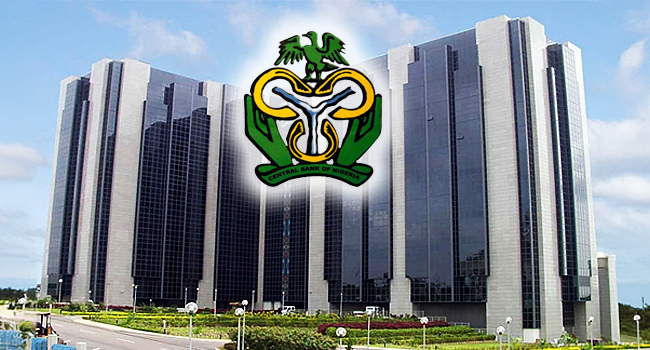The Central Bank of Nigeria (CBN) has introduced sweeping new restrictions to determine who qualifies to operate as Point of Sale (PoS) agents, marking one of the most far-reaching regulatory crackdowns in the nation’s financial inclusion landscape since agent banking began in 2013.
Under the revised Guidelines for the Operations of Agent Banking in Nigeria, released on October 6, 2025, the apex bank declared that individuals or entities with records of financial misconduct, bad loans, or compromised Bank Verification Numbers (BVNs) will no longer be eligible to operate as agents.
The new policy prohibits anyone with a non-performing loan in the past twelve months or unresolved debt obligations with any financial institution from participating in agent banking. All credit information will now be verified through licensed credit bureaus to prevent defaulters from re-entering the PoS ecosystem under new identities.
Similarly, anyone whose BVN is flagged for fraud or financial infractions, or who has been convicted of felonies or dishonesty-related offences, is automatically disqualified. The CBN further excluded individuals declared bankrupt or companies that have filed for insolvency, reinforcing its push to maintain integrity and accountability in financial transactions.
“The integrity of the agent is critical to the safety and trust of Nigeria’s financial system,” the CBN stated. “Agents must be persons or entities of sound character and financial standing.”
The guidelines set minimum eligibility conditions requiring applicants to be at least eighteen years old, mentally sound, and capable of performing core functions such as deposits, withdrawals, and bill payments. All agents must comply with Know Your Customer (KYC) and Anti-Money Laundering (AML) regulations, while institutions must secure approval before engaging agents.
Banks, super agents, and licensed payment service providers will now shoulder greater responsibility for conducting comprehensive background checks before onboarding agents. These include verifying an agent’s credit history, criminal records, source of funds, physical business address, and any affiliations that may pose reputational risks.
A senior compliance officer at a tier-one bank, who requested anonymity, said the directive raises compliance costs but enhances sector credibility. “We’ve seen too many fraudulent PoS operators exploiting regulatory gaps. The CBN wants only credible people handling customer funds,” the officer said.
Nigeria’s agent banking industry has expanded rapidly in recent years, with over 8.3 million registered PoS terminals as of March 2025, out of which 5.9 million were active, processing transactions worth hundreds of billions of naira each month.
However, that growth has also exposed the sector to rising fraud risks. Industry data shows that fraud cases linked to PoS operations surged by nearly thirty percent in 2024, accompanied by a spike in customer complaints to banks and the CBN.
Analysts say the new rules mark a decisive step toward cleaning up the industry. “This reform signals a move from volume to value,” a fintech executive noted. “For large banks, compliance is manageable, but for smaller operators, the cost implications could be significant.”
The new rules are part of the CBN’s broader payment ecosystem reforms. In August 2025, the bank ordered all PoS operators to geo-tag devices and align with the ISO 20022 global messaging standard to improve transaction traceability.
That directive set the stage for the October 2025 guidelines, which embed tougher sanctions, transaction limits, and real-time settlement requirements. Operators have until April 1, 2026, to achieve full compliance or risk deactivation and penalties.
“The extension is not a reprieve; it’s a grace period,” said a payment systems consultant. “Come April 2026, any non-compliant PoS terminal will be shut down.”
Financial inclusion expert, Dr. Johnson Nnaji, said the rules signify the next phase of digital finance maturity. “The first decade of agent banking was about expansion. The next decade will focus on governance and credibility,” he said.
With millions of Nigerians relying on PoS operators for daily transactions, the new CBN rules are designed to restore trust while safeguarding access. As one Lagos-based operator put it: “The rules are tough, but maybe it’s time. Too many bad eggs have spoiled the business. If the CBN cleans it up, we all benefit.”





